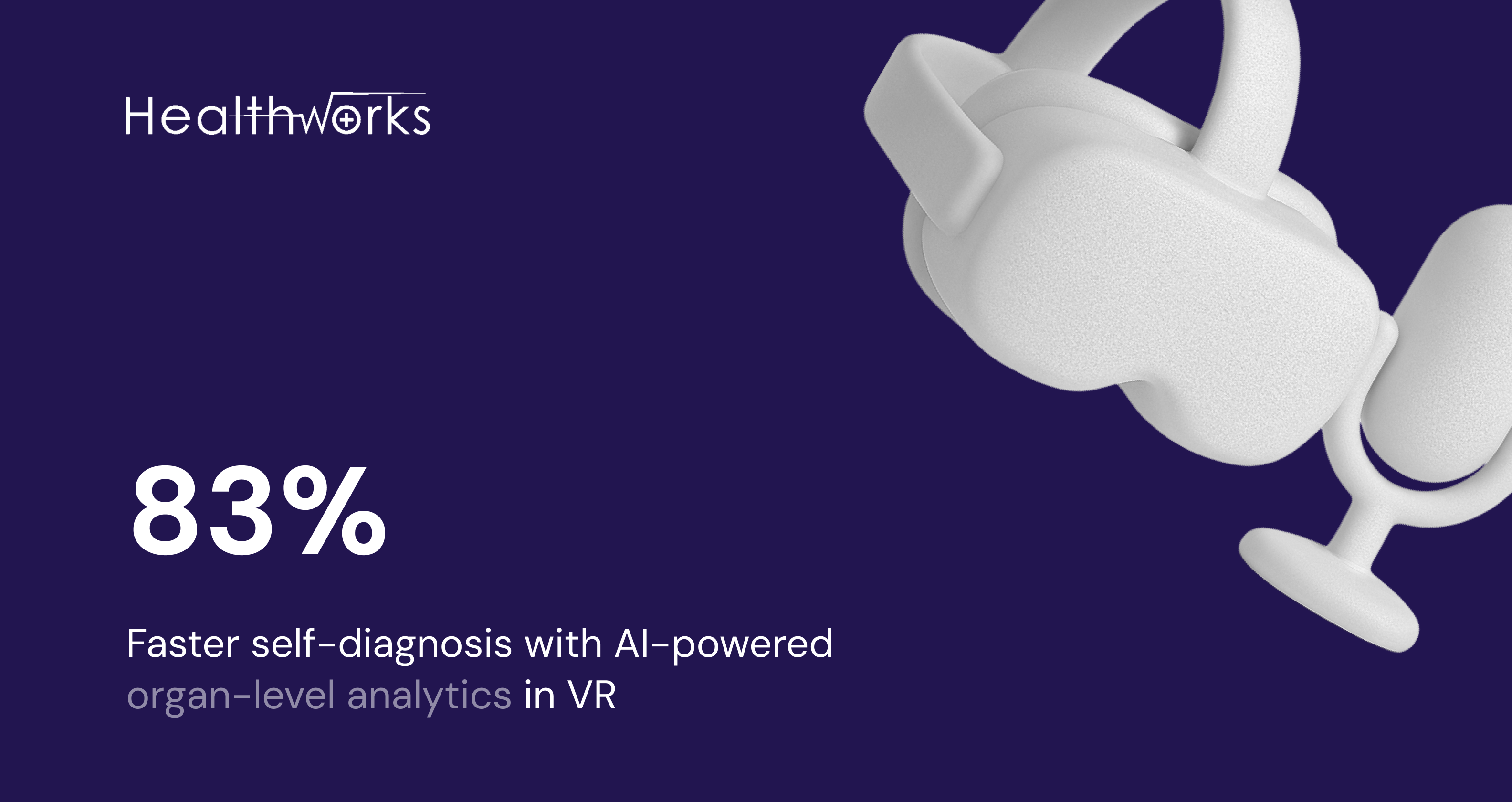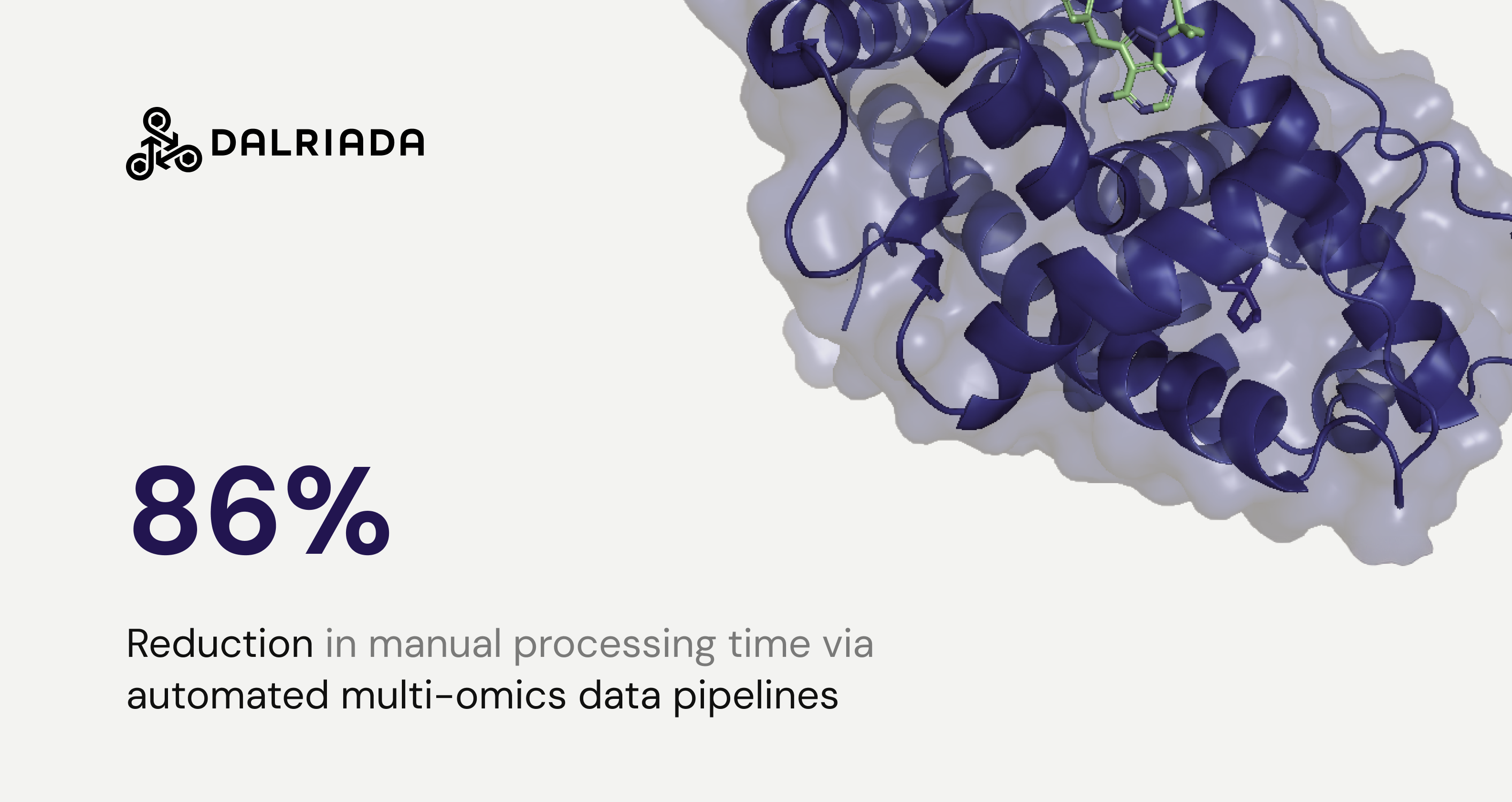- Customer Stories
- /
- AI-Driven Drug Discovery for Enamine’s 36B Molecule Library
AI-Driven Drug Discovery for Enamine’s 36B Molecule Library
Accelerating hit identification with machine learning and virtual screening.
Estimated R&D cost savings
Reduction in search space – narrowed from 36 billion molecules to just 10,000 top candidates
Time saved in hit identification
Biotech
Industry
USA
Location
Drug Discovery, AI compound screening, Chemical space optimization
Services
NDA
Budget
The team showed initiative and proactiveness in developing alternative solutions to reach our goals. As a result, we obtained very complex and high-quality support.

Under NDA
CEO, Chemistry Solutions CompanyEnamine, a global leader in compound libraries, needed a faster, scalable alternative to high-throughput screening (HTS) for early-stage drug discovery.
See what we can do for youSolution
The system combined machine learning–based affinity prediction, large-scale virtual screening, and docking simulations (DiffDock) with active learning loops. This allowed scalable identification and prioritization of high-potential ligands while drastically reducing the need for costly wet-lab experiments.
Let’s talk about what’s possible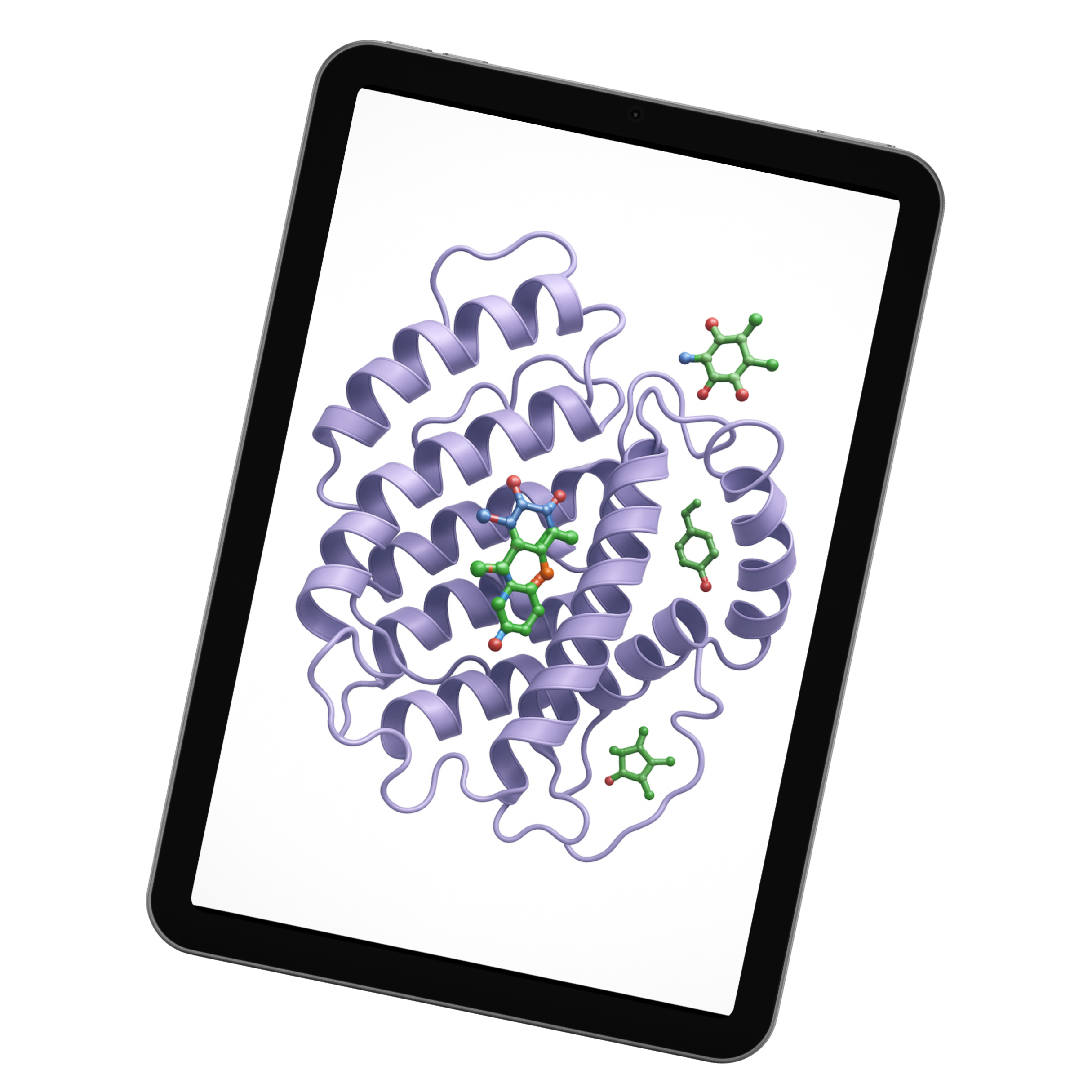
To develop a scalable AI-driven pipeline, Blackthorn AI applied:
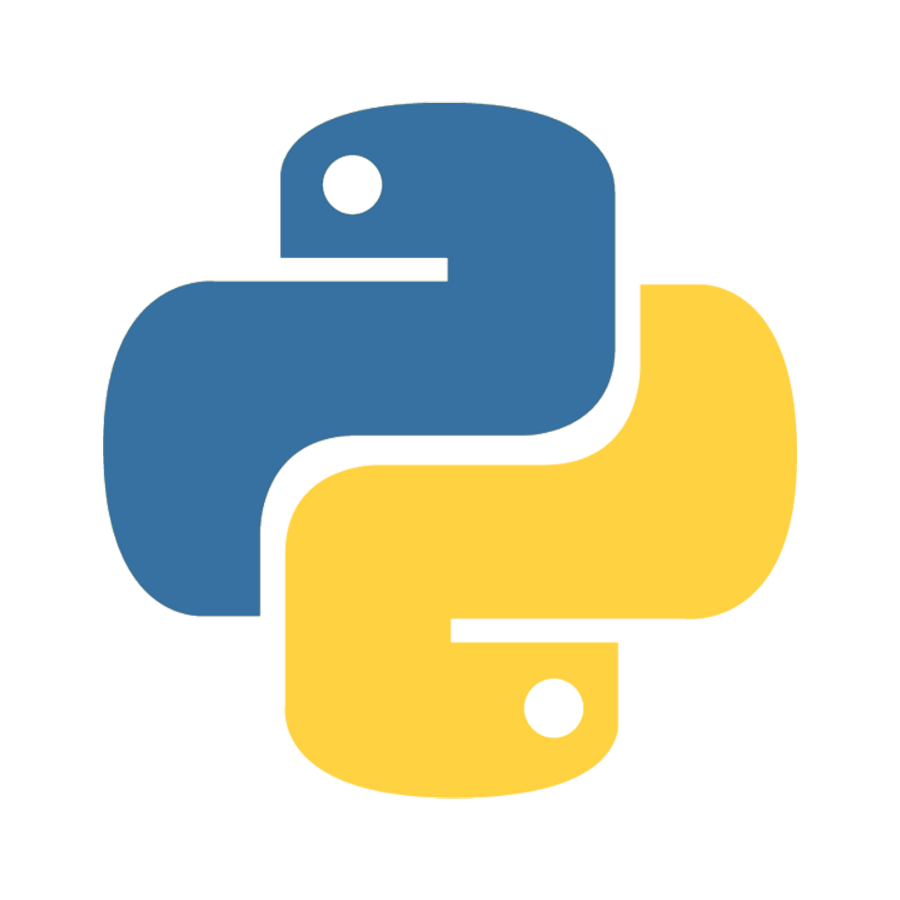

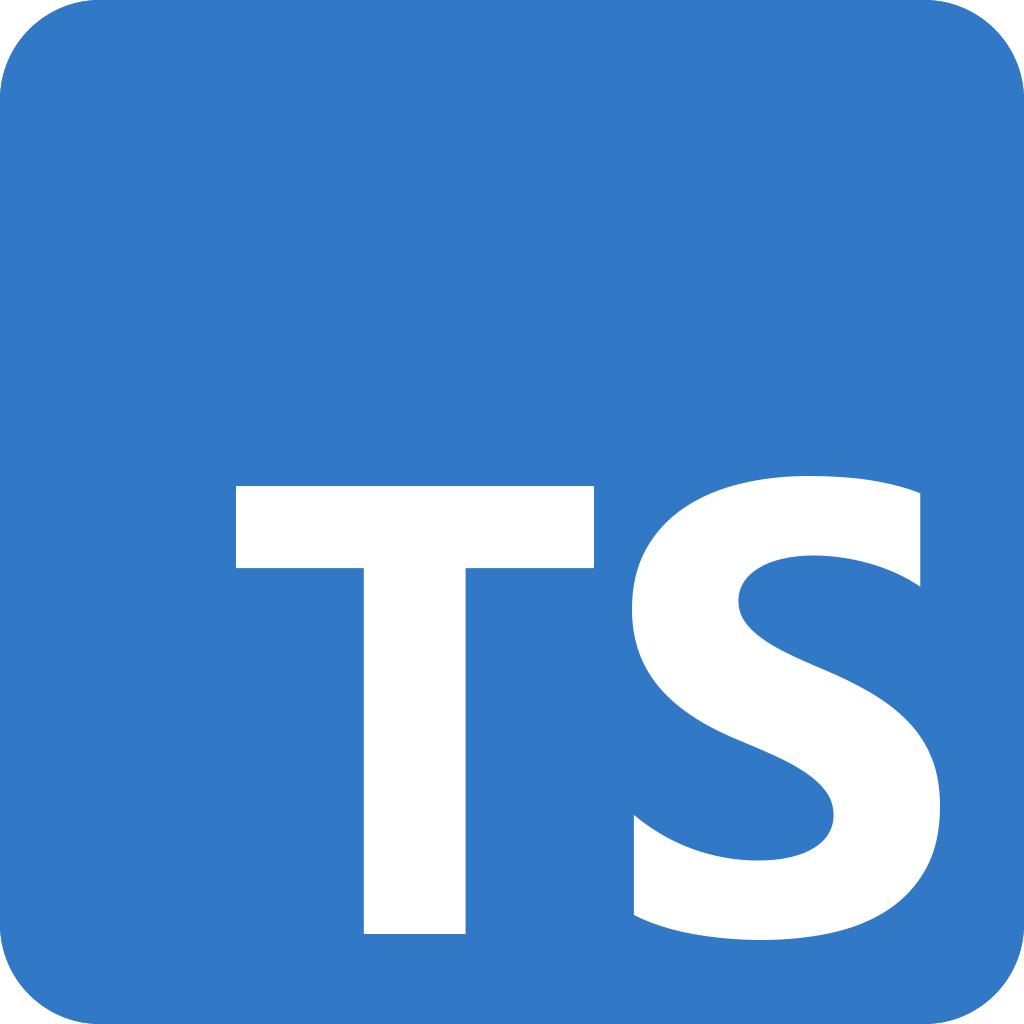
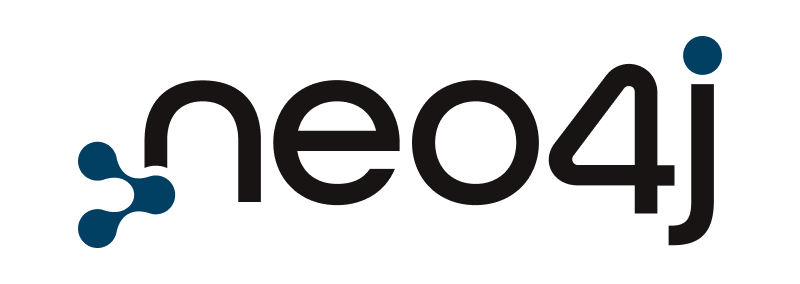
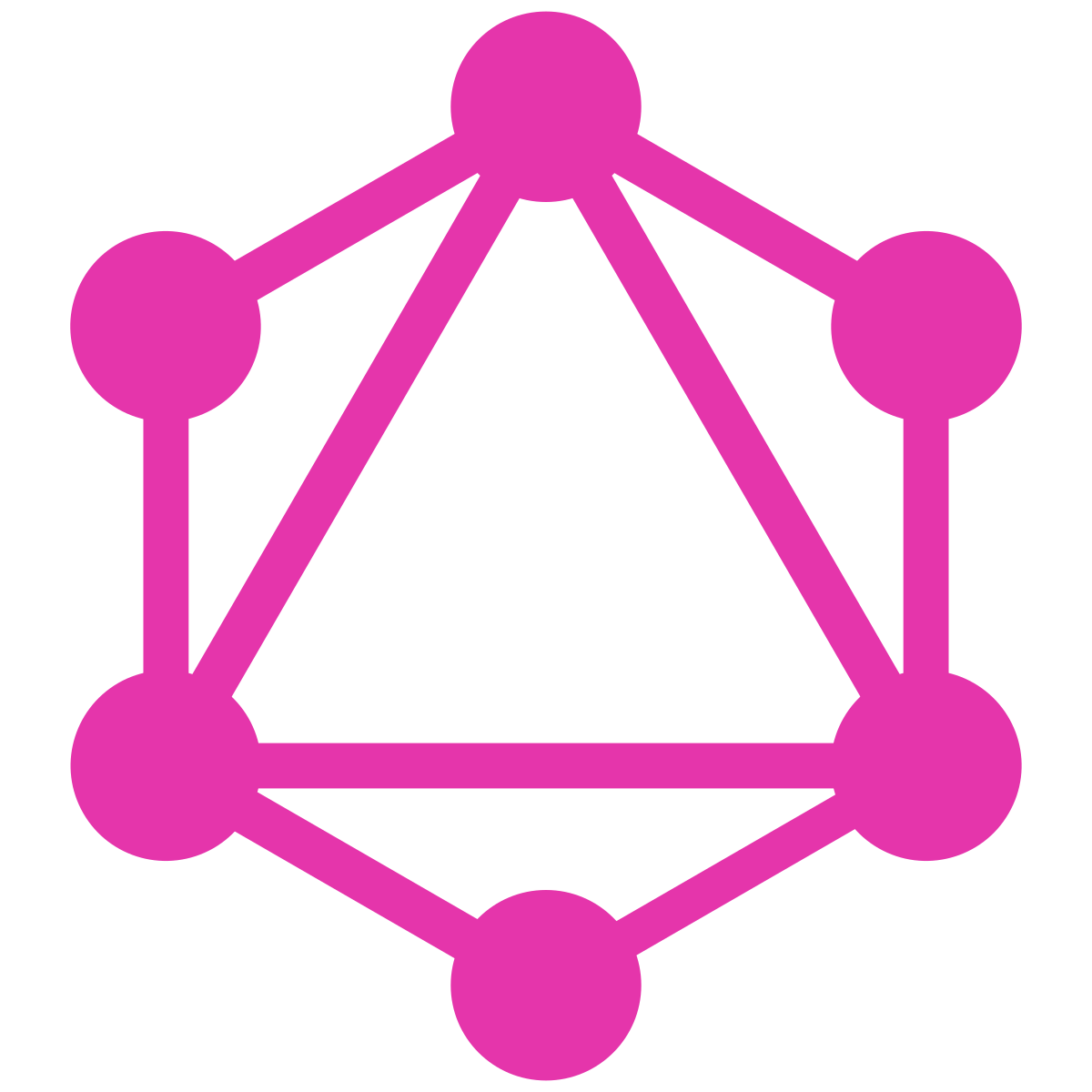
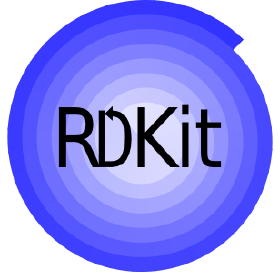

Project duration
01 Week
Integrated 20K labeled molecules (hits, non-binders); accessed 36B Enamine REAL DB via FTP tranches and parsed bz2 files for enumeration.
02 Week
Trained ML model to predict ligand-target binding affinity. Validated results against HTS-confirmed hits and selective binders.
03 Week
Scored billions of molecules; selected top 100K candidates with highest predicted affinity. Prepped inputs for docking.
04 Week
Ran DiffDock on 1M+ ligands. Mapped binding pocket coverage and exported top 10K hits for lab validation and downstream FEP modeling.
Team Size




Delivering Impact
99%
Reduction in search spaceNarrowed from 36 billion molecules to just 10,000 top candidates
$1M
Estimated R&D cost savingsAvoided synthesis/screening of millions of compounds
3–6
MonthsTime saved in hit identification
>80%
Fewer wet-lab experiments requiredLab work focused on just 0.0003% of initial chemical space
